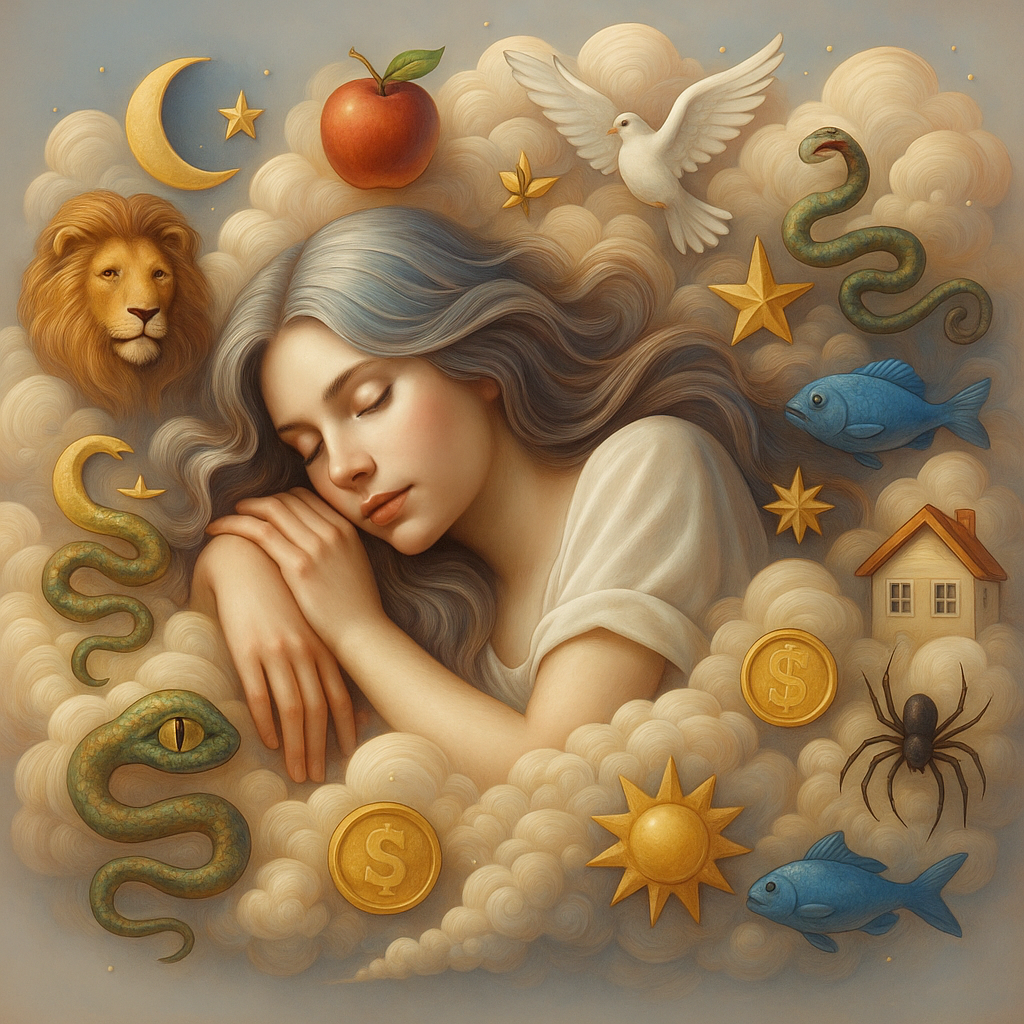According to Freud, fantasies develop in childhood in response to sexual desire and aggressive impulses. Jung also claimed that fantasy developed very early in life as a safety net to help the child deal with real conflicts in the family, conflicts that may be too difficult or painful to deal with directly. Jung observed that childhood fantasies include many mythological themes that may be inherent in everyone. He believed that fairy tales and myths do not differ fundamentally from dreams and speak in the same symbolic language. The archetypal images stir something in the unconscious part of yourself; they are dramatic symbolic projections of your identity.
In dreams, fantasy is unrestricted and moral judgment is suspended. Dreams can therefore reveal your most secret desires and the fantasies you experience in your dreams say a lot about you, often helping you tackle problems you might normally repress or deny.
If you can understand what your dream is highlighting, you can gain important insight into yourself. Fantasy dreams highlight problems, offer solutions, show what aspects of yourself may be limiting your progress and help you discover new approaches. In other words, fantasy dreams, like all dreams, can help you change and progress.
See also: MIND, BODY, SPIRIT; NIGHTMARES; SPIRITS AND GHOSTS. [1]
